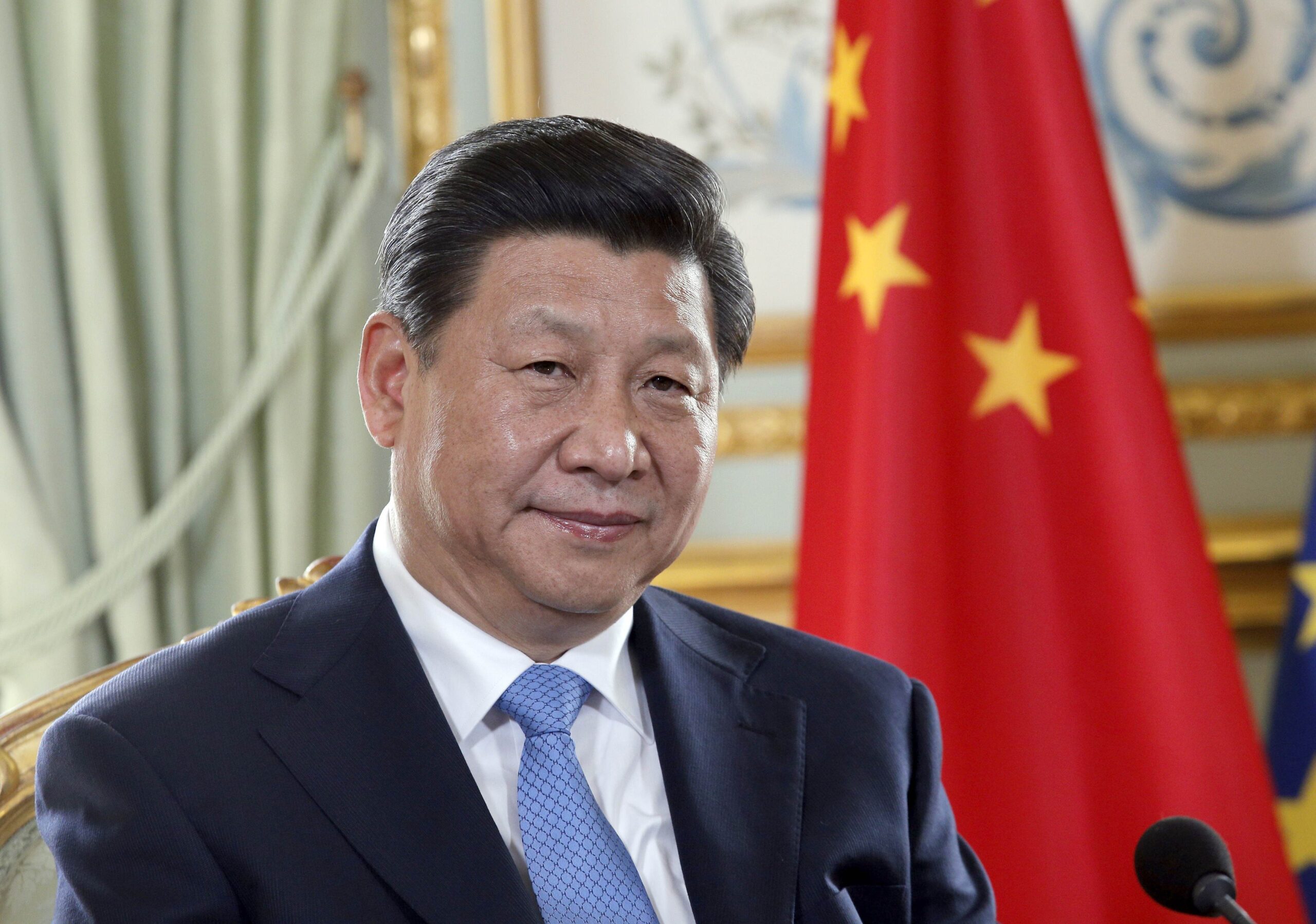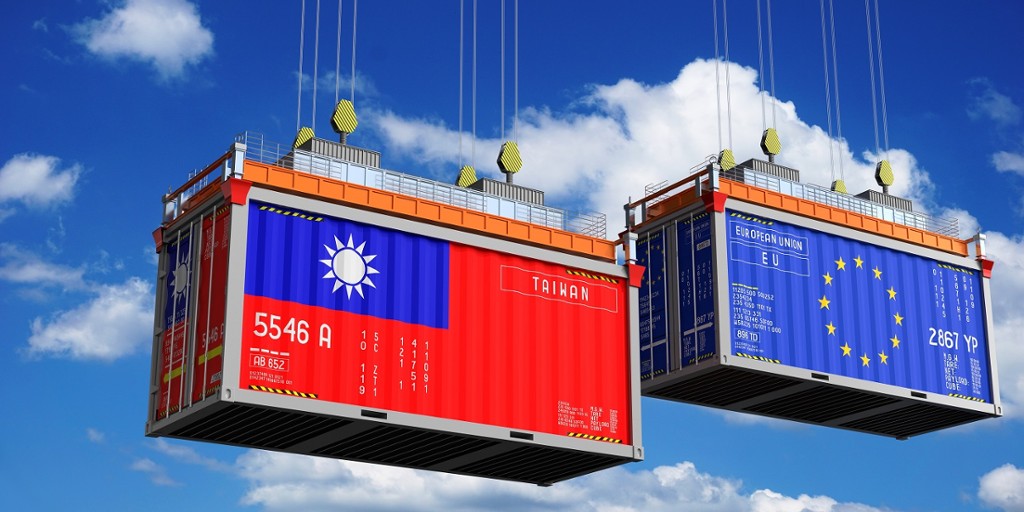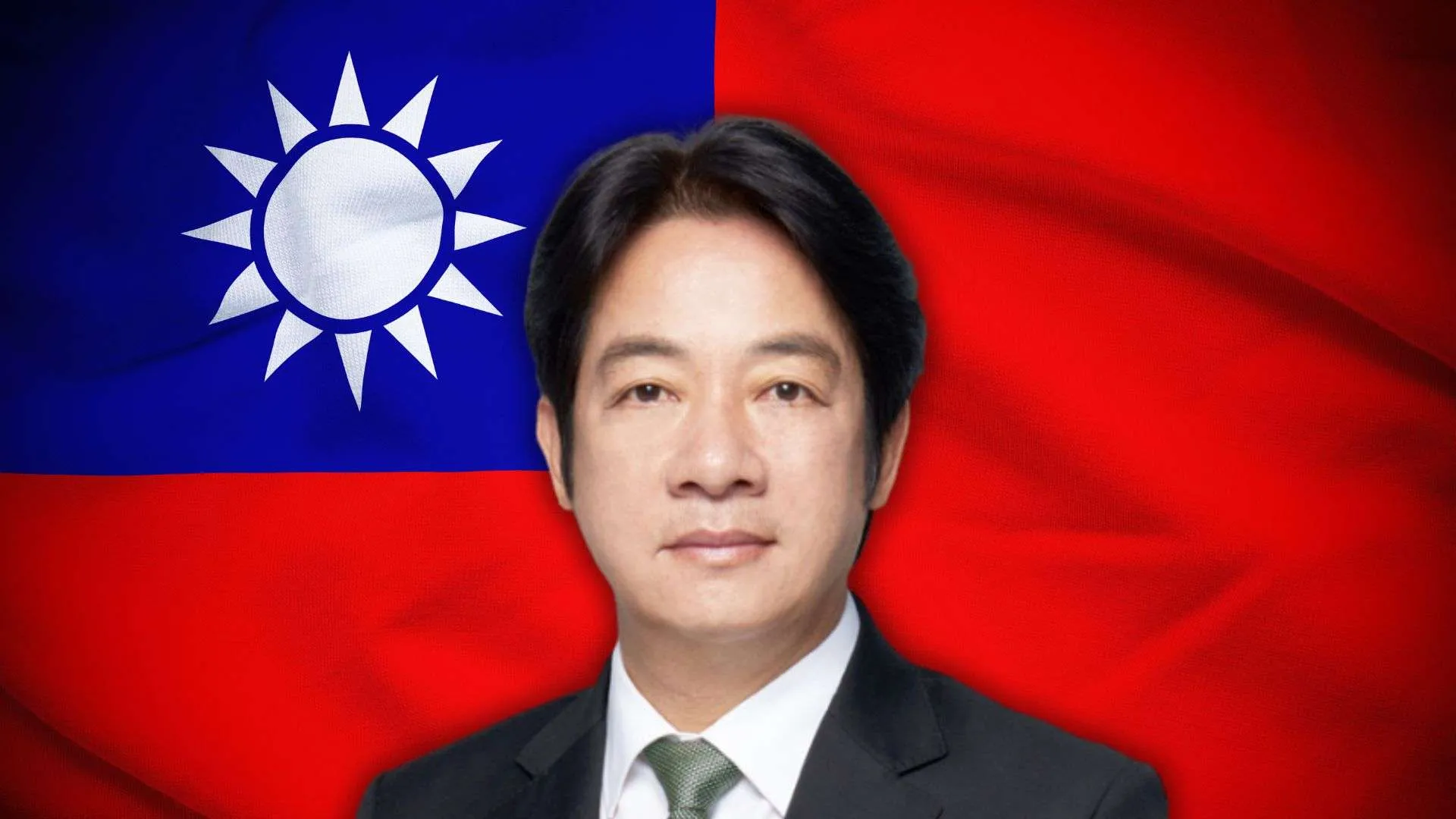by Martin Haffner Associate Editor
In a recent statement that underscores the escalating tensions in the Taiwan Strait, the Chinese Ministry of National Defense has issued a stark warning to the ruling Democratic Progressive Party (DPP) of Taiwan. The phrase “will come and get you, sooner or later” resonates as a chilling reminder of Beijing’s intentions regarding Taiwan, a self-governed island that China claims as part of its territory.
The relationship between China and Taiwan has been strained for decades, exacerbated by Taiwan’s push for greater international recognition and Beijing’s insistence on reunification. The DPP, which has been in power since 2016, is known for its pro-Taiwan independence stance, promoting a distinct Taiwanese identity separate from Chinese sovereignty. This divergence in political ideologies has resulted in hostile exchanges and military posturing from both sides.
The Chinese government’s rhetoric reflects its longstanding viewpoint that Taiwan is an integral part of China. It has historically viewed any pro-independence moves by the DPP as provocations that threaten national sovereignty. The Defense Ministry’s latest declaration signals a hardening of this stance, aligning with recent military drills and displays of force in the Taiwan Strait, which are often interpreted as both a warning and a show of capability.
In response to perceived threats from Taiwan and the U.S. support for the island, Beijing has increased its military activities in the region. This includes flying military jets near Taiwan’s airspace, conducting naval exercises, and, more recently, simulating blockades. These assertive actions are designed not only to exert pressure on Taiwan but also to send a message to allied nations, particularly the United States, regarding their commitments to Taiwan’s defense.
The international community has closely monitored these developments, with concerns about the potential for conflict growing. The U.S., which maintains a policy of strategic ambiguity regarding its military support for Taiwan, has reiterated its commitment to the island’s defense but has also called for dialogue and peaceful resolution between Beijing and Taipei.
In light of the Chinese warning, the DPP has remained resolute in its stance toward defending Taiwan’s autonomy. Leaders within the party have expressed determination to strengthen Taiwan’s defense capabilities, emphasizing the importance of international alliances and partnerships. The DPP administration has sought to bolster military preparedness while advocating for Taiwan’s participation in global organizations, despite Beijing’s opposition.
The Defense Ministry’s inflammatory statement highlights the precarious nature of cross-strait relations and raises alarms about the potential for miscalculations that could lead to military conflict. Many analysts suggest that the situation requires careful navigation to avoid escalation while seeking to understand the underlying motivations and security concerns of both Taiwan and China.
As both sides continue to engage in a war of words, the priority remains the need for dialogue and peaceful resolution. However, with warnings like those from China’s Defense Ministry, the future stability of the Taiwan Strait hangs in a delicate balance, underscoring the complexities of national identity, sovereignty, and regional security in East Asia.
The Chinese Defense Ministry’s warning to the DPP encapsulates the ongoing tensions between Beijing and Taipei, with implications that extend well beyond the Taiwan Strait. As both sides prepare for various scenarios, the international community watches closely, aware that the stakes are exceptionally high in ensuring regional peace and stability. The path forward will depend on diplomatic efforts, military preparedness, and a shared commitment to finding common ground.



